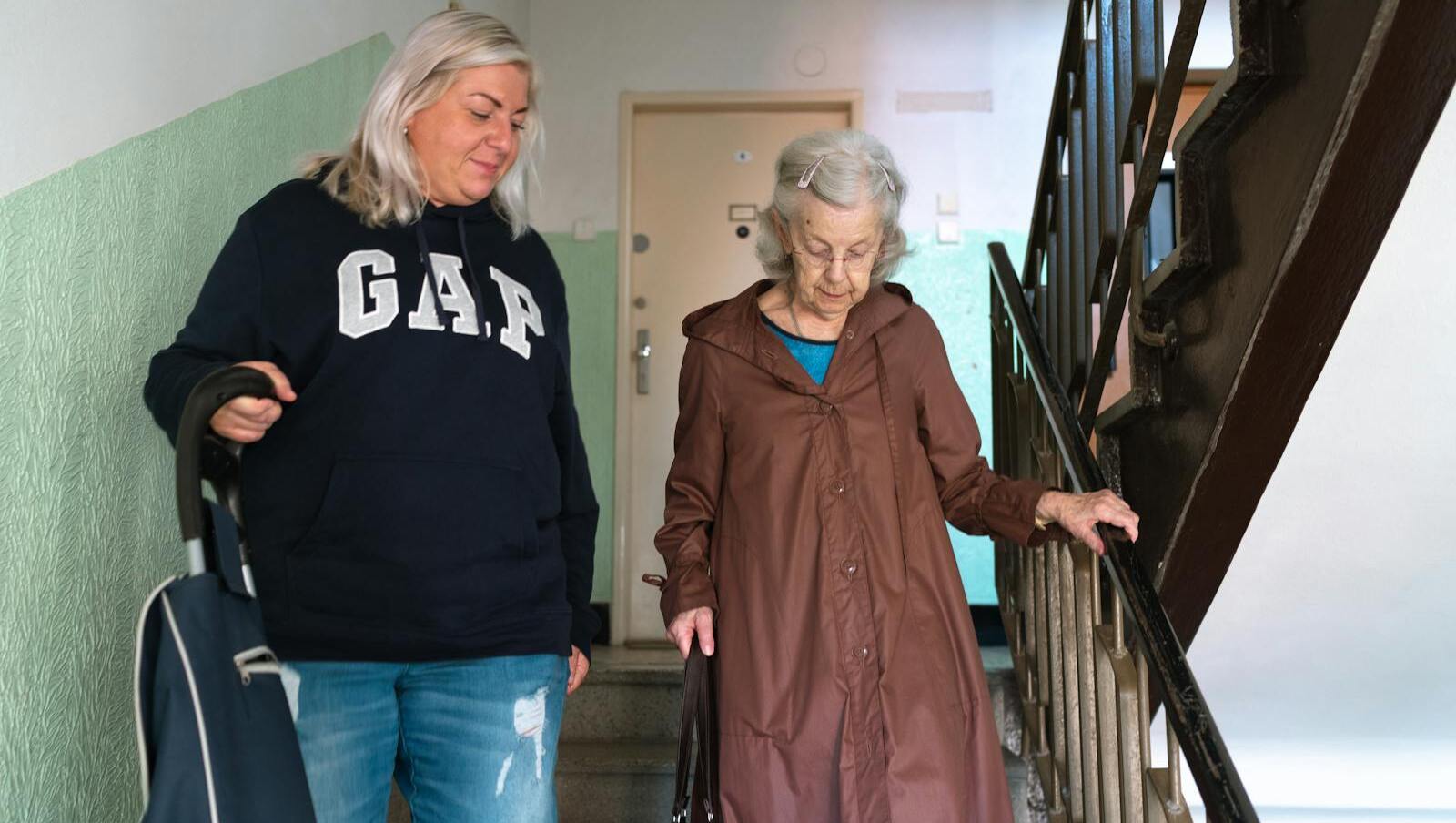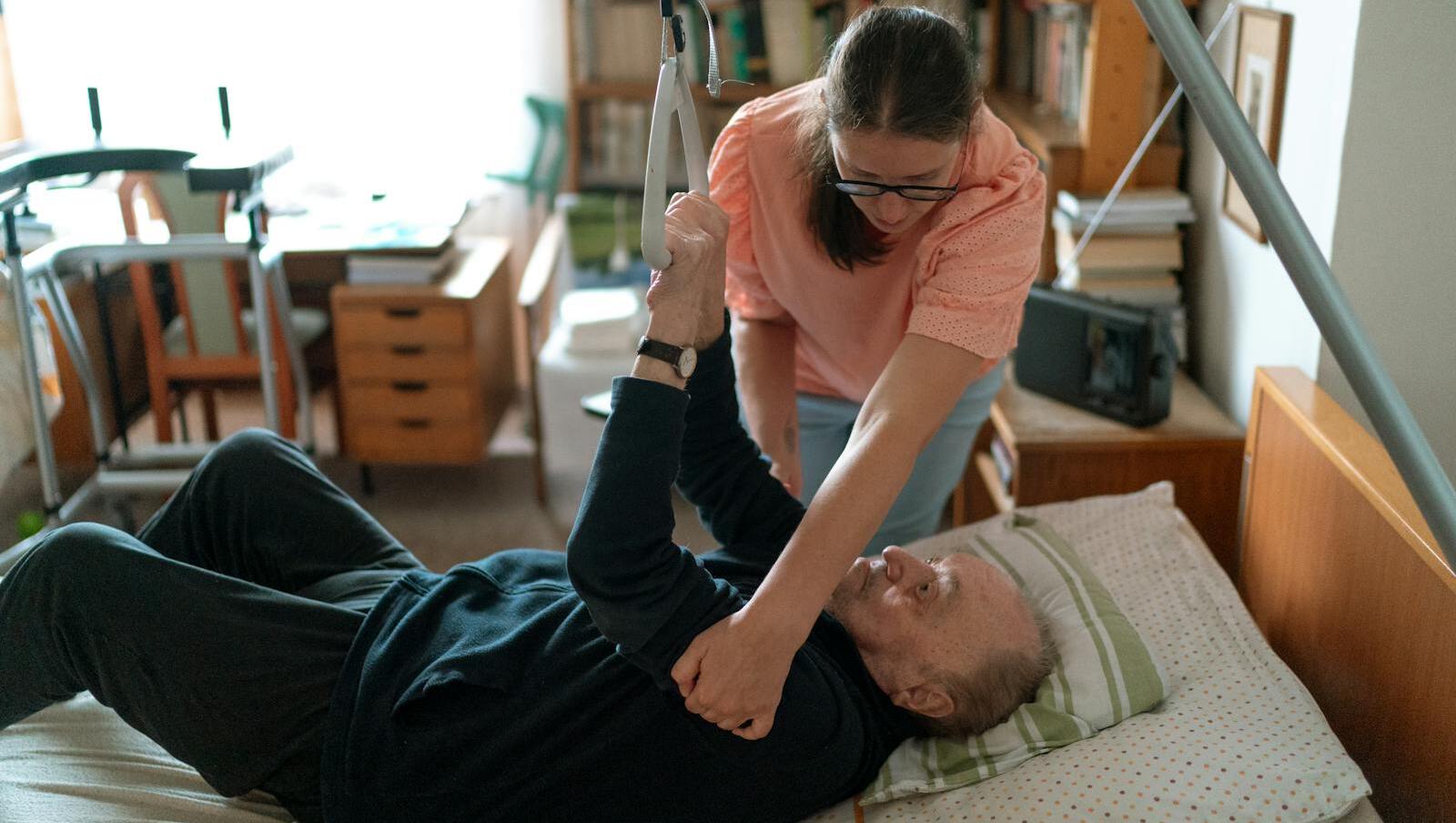How to Prove Nursing Home Negligence and Win Your Case

You trusted a nursing home to care for your loved one. Instead, they came back with unexplained bruises. Their health declined rapidly. They lost weight. They seemed afraid.
These aren’t just unfortunate circumstances – they may be signs of nursing home negligence.
At the Nursing Home Firm, we’ve helped countless families hold negligent nursing homes accountable. Our dedicated nursing home abuse attorneys understand what you’re going through and know exactly what evidence you need to build a strong case.
Recognizing the Warning Signs of Nursing Home Negligence
Before you can prove nursing home negligence, you need to identify potential red flags:
Physical indicators:
- Bedsores (pressure ulcers)
- Unexplained bruises, cuts, or fractures
- Sudden weight loss or dehydration
- Poor hygiene or soiled clothing/bedding
- Medication errors or sedation
- Infections that worsen without treatment
Behavioral changes:
- Withdrawal or depression
- New anxiety or agitation
- Fear around certain staff members
- Reluctance to speak when staff is present
If you notice these warning signs, don’t ignore them. Start documenting everything immediately.
5 Essential Steps to Prove Nursing Home Negligence
Proving nursing home negligence in Tennessee requires careful documentation and strategic action. Here’s how to build a solid case:
1. Document All Signs of Neglect
Take photographs of:
- Any visible injuries (bruises, cuts, bedsores)
- Unsafe living conditions
- Soiled clothing or bedding
- Poor hygiene
Keep a detailed journal recording:
- Dates and times of your visits
- Your loved one’s physical and mental condition
- Conversations with staff members
- Requests for care and facility responses
- Names of staff members present during incidents
This documentation creates a timeline that can reveal patterns of neglect and prevent the nursing home from claiming injuries were one-time accidents.
2. Secure Medical Records
Medical records provide crucial evidence of nursing home negligence. Request complete copies of:
- Hospital records from any emergency visits
- The nursing home’s internal medical records
- Medication administration records
- Care plans and physician orders
- Progress notes from nurses and aides
- Weight charts and nutrition logs
Review these records for:
- Unexplained injuries
- Inconsistent documentation
- Failure to follow physician orders
- Gaps in care
- Weight loss or dehydration
- Untreated medical conditions
Under HIPAA, nursing homes must provide these records to authorized family members. If they refuse or delay, that itself can be evidence of wrongdoing.
3. Report the Neglect to Authorities
In Tennessee, report suspected nursing home neglect to:
- Tennessee Adult Protective Services: 1-888-277-8366
- Tennessee Department of Health: 877-287-0010
- Your local Long-Term Care Ombudsman
These agencies will investigate your claims and produce official reports that can serve as powerful evidence in your case. Tennessee’s Adult Protection Act (Tennessee Code § 71-6-103) requires certain professionals to report suspected elder abuse or neglect.
Ask for copies of:
- Investigative reports
- Citations issued to the facility
- Corrective action plans
4. Gather Witness Testimony
Identify potential witnesses who can testify about the neglect:
- Other residents (if appropriate)
- Family members of other residents
- Current or former staff members
- Visitors who observed problematic conditions
- Healthcare providers who treated your loved one
Witness testimony can corroborate your claims and provide additional perspectives on the nursing home’s practices.
5. Connect the Neglect to Specific Injuries or Harm
To prove nursing home negligence, you must establish that the facility’s actions (or lack of action) directly caused harm to your loved one. This often requires expert testimony from:
- Physicians who can explain how the neglect caused specific injuries
- Nursing home administrators who can testify about proper standards of care
- Nurses who can identify deviations from accepted practices
For example, if your loved one developed severe bedsores, an expert can testify that these typically only occur when staff fails to regularly reposition immobile residents – a clear deviation from the standard of care.
Legal Elements Required to Prove Nursing Home Negligence in Tennessee
Under Tennessee law, you must establish four key elements to prove nursing home negligence:
1. Duty of Care
The nursing home had a legal obligation to provide proper care. This is established by:
- Admission agreements
- Tennessee nursing home regulations
- Federal nursing home standards (if the facility receives Medicare/Medicaid)
2. Breach of Duty
The nursing home failed to meet this standard of care through:
- Inadequate staffing
- Insufficient training
- Failure to follow care plans
- Medication errors
- Poor supervision
- Unsanitary conditions
3. Causation
The nursing home’s failures directly caused your loved one’s injuries or decline. This is often the most challenging element to prove and may require expert testimony.
4. Damages
Your loved one suffered actual harm, such as:
- Physical injuries
- Emotional distress
- Medical expenses
- Pain and suffering
- Wrongful death (in the most severe cases)
Common Challenges in Proving Nursing Home Negligence
Nursing homes and their insurance companies aggressively defend against negligence claims. Be prepared for these common defense tactics:
“The injuries were unavoidable” They may claim bedsores or falls were inevitable due to your loved one’s age or medical conditions. Expert testimony can refute these claims.
“The resident was already in poor health” They may argue pre-existing conditions caused the decline, not their care. Medical records showing stability before the neglect can counter this defense.
“We followed all procedures” They may produce documentation claiming proper care was provided. Look for inconsistencies or impossibilities in their records (like claiming to turn a resident every 2 hours when staffing levels make this impossible).
“The family approved the care plan” They may try to shift blame to family members. Documentation of your requests for better care can refute this tactic.
Why You Need a Specialized Nursing Home Negligence Attorney
Proving nursing home negligence requires specialized knowledge of:
- Tennessee elder care regulations
- Federal nursing home standards
- Medical evidence related to elder injuries
- Patterns of institutional neglect
At the Nursing Home Firm, our nursing home abuse and neglect division exclusively handles cases like yours. We know:
- Which experts to consult
- What records to request
- How to interpret medical documentation
- The real impact of staffing shortages on care
Most importantly, we understand the emotional toll these cases take on families. We handle the legal complexities while you focus on supporting your loved one.
Time Limitations for Filing Nursing Home Negligence Claims
Tennessee’s statute of limitations for personal injury claims is just one year from the date of injury (Tennessee Code § 28-3-104). This gives you limited time to take legal action.
Don’t delay in seeking legal help. Crucial evidence may disappear, witnesses’ memories fade, and you could permanently lose your right to seek justice for your loved one.
Take Action Now to Protect Your Loved One
If you suspect nursing home negligence, take these immediate steps:
- Ensure your loved one’s safety first, even if it means transferring to another facility
- Document everything as described above
- Report the neglect to Tennessee authorities
- Contact our experienced nursing home negligence attorneys for a free consultation
At the Nursing Home Firm, we’ve helped countless Tennessee families hold negligent nursing homes accountable. Our attorneys know exactly what evidence you need to build a strong case and how to present it effectively to insurance companies, judges, and juries.
The consultation is free. You pay nothing unless we win your case.
Call us today to speak with a dedicated nursing home negligence attorney and take the first step toward justice for your loved one.





